Startups Tackle Improvements to Space and Earth Systems
Entrepreneurs pushing the edge of technological advancement are offering solutions in technical data management software, decentralized identity, aircraft digital parking assistance, spacecraft on-orbit servicing and travel technology. In 10-minute intervals, company representatives pitched their emerging, aerospace-related technologies at Starburst Accelerator’s Paris Selection Committee meeting on June 23, which was held virtually. Headquartered in the City of Light, with offices in Los Angeles, Singapore, Munich, Tel Aviv, Madrid, Seoul and Mumbai, Starburst has been uniting startups and investors in the aerospace industry for eight years. Previous in-person events from Starburst’s East Coast Selection Committee, held at the Defense Advanced Research Projects Agency (DARPA) and The MITRE Corporation, featured improved battery efficiencies, legged robotic systems, software for manufacturing improvements and satellite-based quantum key distribution for encryption, among other cutting-edge technologies.
For its latest event, the Paris team brought in five startups, all vying for partnership agreements, venture capitalist seed funding and a chance to join Starburst's Accelerator Program. The startups’ prospective products or services ranged in their level of deployment, technical readiness or prototyping stages.
- Aletiq - Technical Data Management Software
Aletiq’s cloud-based, life-cycle management software allows industry or organizations to benefit from a single source of truth for their technical data, explained Geoffrey Ricard, co-founder of the Paris-based company. The technical data management software enables users to centralize their digital twin production data across all drawings, computer-aided designs, bill of materials, configurations, material certifications, quality documents and maintenance histories. The ability to plan, organize and track product workflows across every team—including acquisition—and provide a common view of ongoing projects saves time, he said.
“Operational teams in design and production usually work with local servers and they have issues sharing common sets of data,” Ricard stated. “For example, a corporate development team creating a new 3D model may have trouble sharing it with the production team to update their production instructions. Their real problem is fragmentation of data. Our software [prevents] these operational inefficiencies.”
- Indicio.tech - Decentralized Identity
Indicio.tech is offering a decentralized identity for automatic identification and authorization. Presently, in the online world, digital identities are controlled by large social media companies or enterprise platforms, said Heather Dahl, CEO of the Washington, D.C.-based company. Having a digital identity that relies on a third-party managing access presents issues. Instead, verifiable digital credentials offer a decentralized digital identity that is infinitely scalable, biometrically paired and includes compliance in its design, she said. The company’s open-source platform supports a greater ecosystem of networks and enterprise, mobile and mediator agents. Indicio already is operating a global network of node operators. The company expects huge growth opportunities across the identity credentialing and access management market, the decentralized identity market and the global identity solutions market.
“We have these complicated database integrations but that increases liability, creates risk and also it's hard to scale,” she said. “And then on top of that we have created login and passwords and we all understand the pain of that. What Indicio focuses on is delivering verifiable digital credentials.”
- Evitado - Collision Avoidance System
With $1 billion annually spent unnecessarily on damages to aircraft during ground operations, the aircraft industry could use a solution that reduces potential collisions and cuts the need for highly manual procedures during towing, said Andrew Moakes, co-founder of Evitado Technologies. Based in Hamburg, Germany, the company has developed a plug-and-play solution that can best be described as a parking assist system for aircraft, he said. The core component of the technology is the 360-degree, 3D Lidar system, like the advanced Lidar systems being used in the development of driver-less cars.
“One particularly risky ground operation is the actual towing procedure of the aircraft, which becomes even more risky when the aircraft is being moved indoors, for example, for maintenance,” Moakes stated. “The towing procedure is a highly manual process, and it requires upwards of 18 people to actually walk around the aircraft and look out for any potential collisions. These people are communicating with one another either via hand signals or voice commands and any kind of breakdown in communication or lack of concentration can lead to a costly accident.”
With Evitado’s technology, a ground support technician can walk up to the aircraft and easily install the sensor directly onto the aircraft or onto the tug that is moving the aircraft, he said. The platform defines safety zones around the aircraft and detects any sort of potential collision. In addition to digitally reporting any collision, the sensor contains LEDs that flash to give a visual warning as well as audible feedback.
“We have developed a tablet-based user interface with which the user selects where the sensor is installed and the type of aircraft, and then the plane’s movement is ready to be started,” Moakes noted. “We digitally insert a 3D model of the aircraft into this space and then we start generating real-time, 3D maps during the movement of the aircraft. We can then start tracking objects around the aircraft and their relative distance and time to potential impact of the aircraft. And with the 3D maps, we can actually track items even if we lose direct-line-of-sight, which is really useful.”
- Kurs Orbital - Spacecraft On-Orbit Servicing
Volodymyr Usov, former chairman of the state space agency of Ukraine, is the co-founder and CEO of Kurs Orbital, based in Kyiv, Ukraine and Hartford, Connecticut. He noted that while the company itself was founded in 2021, their specialized automatic rendezvous technology—which will enable in-orbit servicing of satellites—has performed 300 successful dockings since 1985.
“Our team is really excited about bringing sustainable and re-usable opportunities to the space industry by providing spacecraft on-orbit servicing,” he said. “You can't imagine the automobile industry or aviation industry with single-use aircraft or cars, and we wouldn't be here without the serious re-useability needs of the space market.”
The company estimates that more than 500 satellites will need service in the next seven-to-eight years. And while the company expects growth in all on-orbit servicing markets, they anticipate the highest potential yields coming from life extension, inspection, relocation and de-orbiting of satellites, Usov said. “And we already are seeing first successful use cases and we're seeing real payable demand from market leaders,” he noted.
As such, the company is designing a fleet of re-useable servicer space craft—with fully automated docking capabilities—that would be located in different orbits. “Our main goal is to create a flexible on-orbit servicing platform where we can offer in real time life extension services to different type of satellites and also to participate in active debris removal missions which are highly anticipated in the next several years.”
The so-called Kurs One Rendezvous-Acquisition Module would harness a combination of computer vision, radar capabilities and robotics. “To execute this kind of complicated operations in orbit there's one key and core technology which is rendezvous and docking technology, which is the most complicated part in any space operation,” Usov said.
- Smooss - Travel Technology Platform for Merchandizing and Customer Care
Paris and Sophia Antipolis, France-based Smooss has created a disruption recovery and merchandising solution for the travel industry. The platform was designed to overlay existing reservation systems and can be used by airlines, railways, travel agencies and other passenger carriers, said Smooss CEO Benjamin Lalanne.
The platform was particularly helpful during the pandemic—for airlines such as Air France and Corsair—as it helped manage flights cancellations, mitigating the negative impact for passengers. Now with borders reopening, the platform enables travel players to perform off-airport health certificate checks of passengers before departure “for a smoother travel experience,” Lalanne said. “Smooss’ technology is founded on the vision of pivoting the passenger transport industry to a retail industry thanks to dynamic pricing: great customer service with a seamless customer experience from purchase to after sale and capacity to upsell with personalized offers thank to ancillaries.”
For the airlines, Smooss’ solution provided savings in their customer support handling costs and new revenue streams thanks to customized ancillaries offers, Lalanne noted. “We continuously enhanced Smooss throughout the crisis to build comprehensive offers to passengers for a smooth travel experience,” he said.
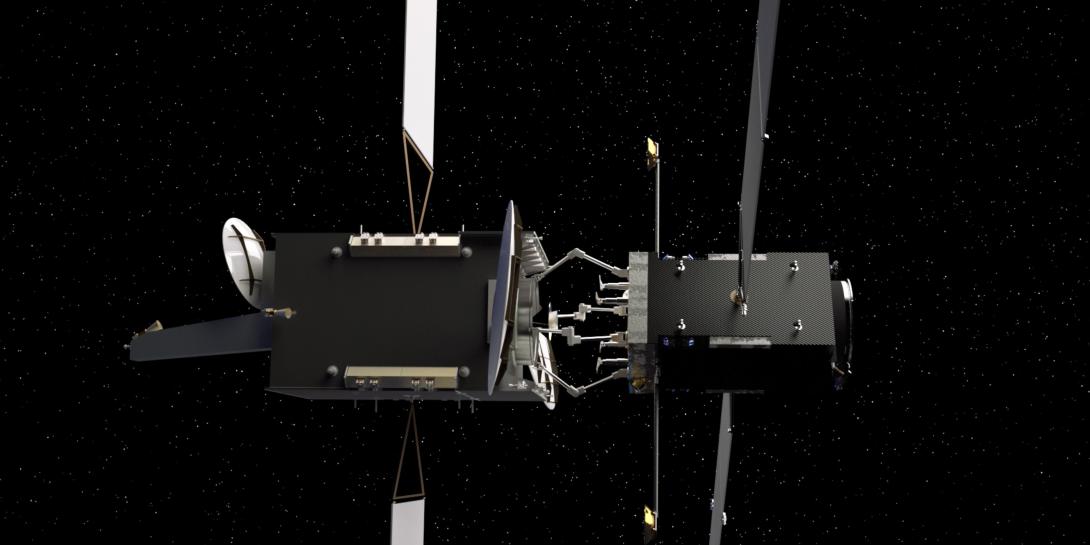
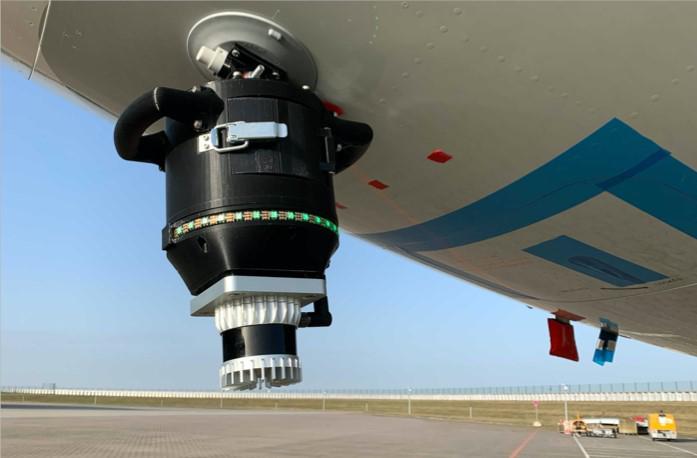
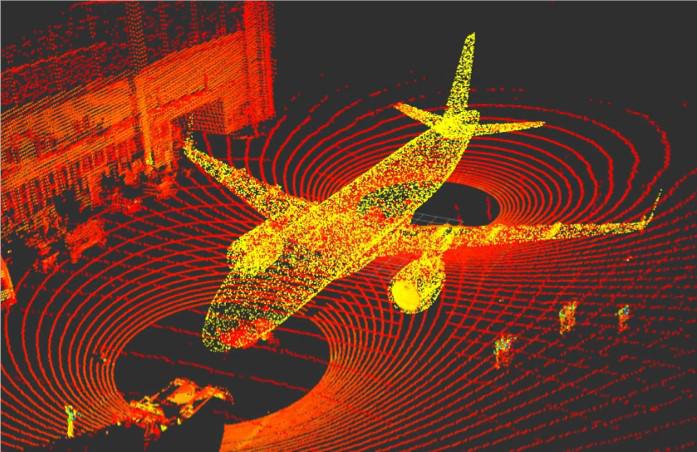
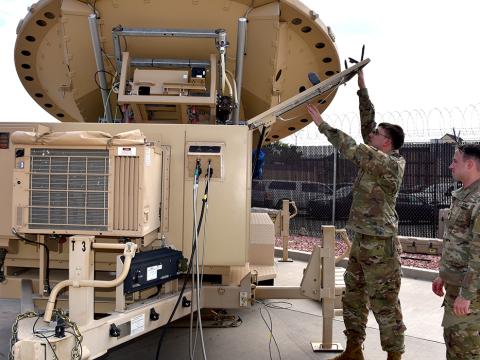
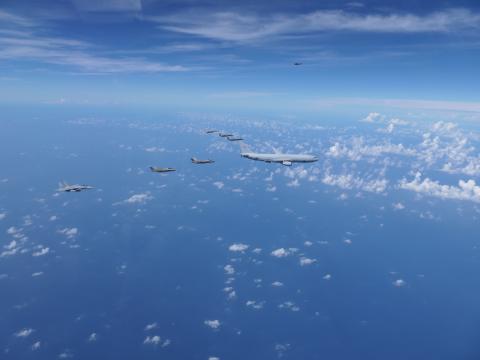
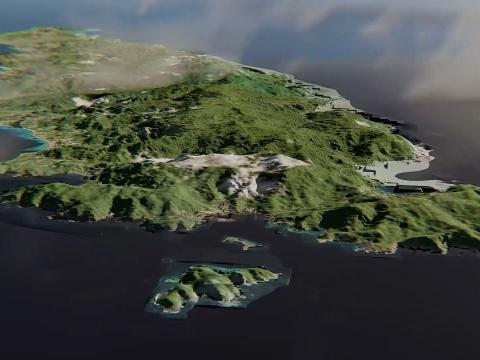
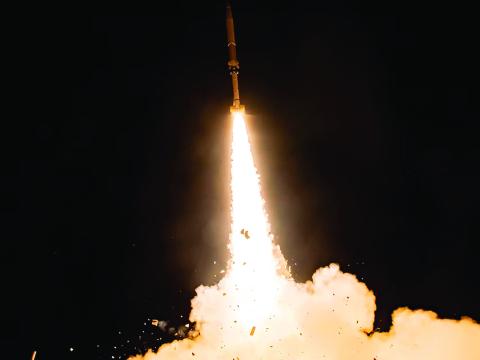
Comments